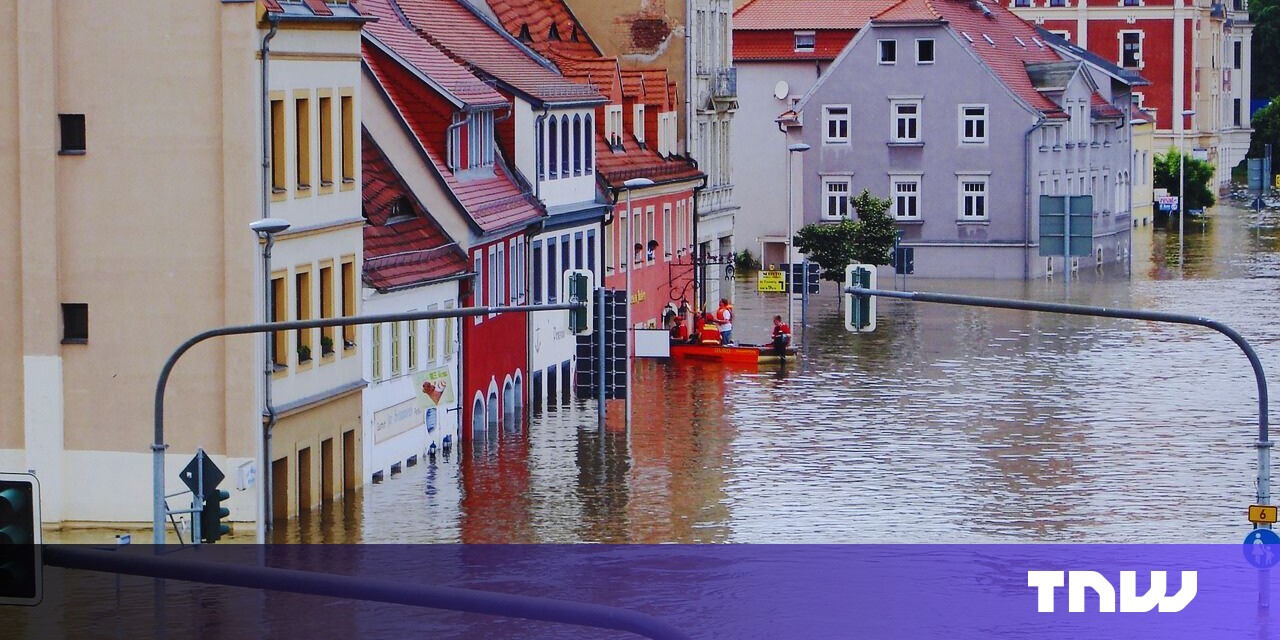
[ad_1]

Climate change is here. Along with it, catastrophic floods are becoming alarmingly more and more common. Adapting to a new climate reality is no easy task, but technological advancements offer a ray of hope.
Among the industry players tackling this challenge is quantum software company Multiverse Computing. The Spanish startup has won £100,056 in funding from Innovate UK to improve flood risk assessment using quantum technology.
To achieve this goal, Multiverse Computing will collaborate with UK-based Oxford Quantum Circuits (OQC) and US-based Moody’s Analytics. Together, the trio will use quantum computing to address the computational challenges in existing large-scale flood modelling, and develop new prediction models that assess risks more accurately and efficiently.
Current methods have been limited by the increased computational cost of running sophisticated simulations over large areas in high-resolution. But according to Sergio Gago, Moody’s Managing Director of Quantum and GenAI, the emergence of new technologies, such as quantum computing, presents significant opportunities for advancement.
“Specifically, there is promising potential in the application of quantum machine learning (QML) to develop emulators as alternatives to traditional physics-based models,” Gago said. Similarly, Enrique Lizaso Olmos, founder and CEO of Multiverse Computing, believes that the improved accuracy and effectiveness of a quantum approach could contribute to climate change adaptation efforts.
The Spanish startup is the lead contractor of the project and will be behind the software and quantum algorithm development. OQC will provide the necessary quantum hardware, while Moody’s will contribute industry, data, and computational efficiency insights.
The project has won a place in Phase 1 of the Quantum Catalyst Fund competition, backed by Innovate UK. If successful, it will move to Phase 2 next year, and the budget will amount to £1.2mn.
The UK Department of Environment, Food, and Rural Affairs will be the first customer to try the solution, seeking to better adapt to extreme weather events resulting from climate change. According to Moody’s estimates the UK is facing over £700mn in losses due to inland flooding per year.
Sadly, examples of the phenomenon’s devastating impact are far too many. In 2021, floods in Germany and Belgium claimed the lives of 209 people and cost over €30bn in damages. This year, torrential rain paralysed central Greece. Leveraging advanced technologies, such as AI and quantum computing, to mitigate and even prevent the consequences is now more crucial than ever.
[ad_2]
Source link





